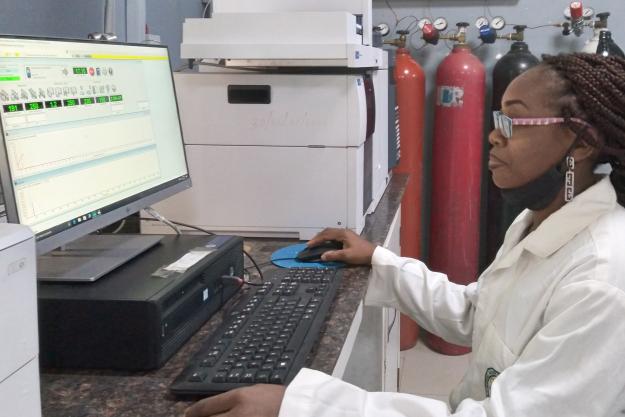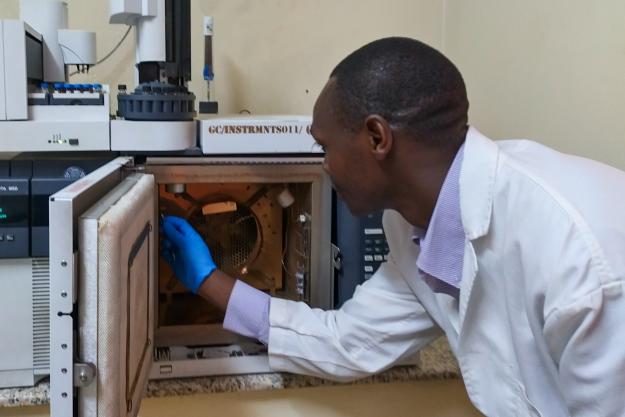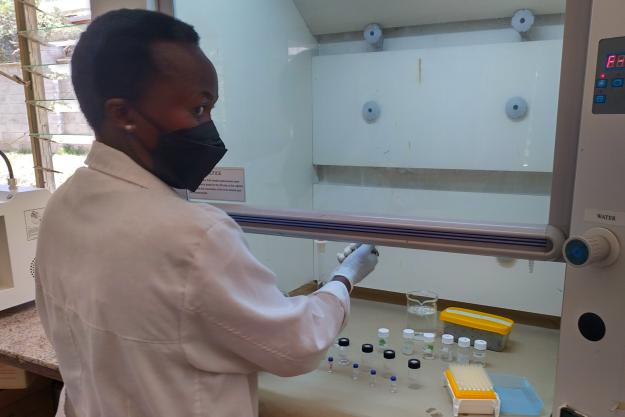
THE HAGUE, Netherlands— 23 March 2022—The Organisation for the Prohibition of Chemical Weapons (OPCW) organised a comprehensive training programme to enhance the analytical capacities of laboratories from OPCW Member States in Africa. The training was delivered by the Finnish Institute for Verification of the Chemical Weapons Convention (VERIFIN) from 21 January to 23 March.
The comprehensive training programme started with bilateral proficiency testing training, for which VERIFIN provided samples that each laboratory analysed. The laboratories also received a series of individualised coaching workshops followed by joint mentorship sessions to facilitate the exchange of experiences.

The training programme was organised under the framework of the OPCW project titled “Assessing and enhancing the capacity of analytical laboratories from African and GRULAC Member States to achieving OPCW designation” and was funded by a voluntary contribution from the United Kingdom of Great Britain and Northern Ireland. The project focusses on the strategies and procedures required to pass OPCW Proficiency Tests, which is the primary requirement for a laboratory to obtain and maintain OPCW Designated Laboratory status.
The programme was attended by 13 participants from laboratories in Nigeria and Kenya.

Background
OPCW’s designated laboratories are a linchpin of the Organisation’s verification regime and its capacity to investigate allegations of the use of chemical weapons. Designated Laboratories must be able to perform off-site analysis of chemical samples collected by OPCW inspectors from chemical production facilities, storage depots and other installations, or from the site of an alleged use of chemical weapons.
As the implementing body for the Chemical Weapons Convention, the OPCW, with its 193 Member States, oversees the global endeavour to permanently eliminate chemical weapons. Since the Convention’s entry into force in 1997, it is the most successful disarmament treaty eliminating an entire class of weapons of mass destruction.
Over 99% of all declared chemical weapon stockpiles have been destroyed under OPCW verification. For its extensive efforts in eliminating chemical weapons, the OPCW received the 2013 Nobel Peace Prize.
